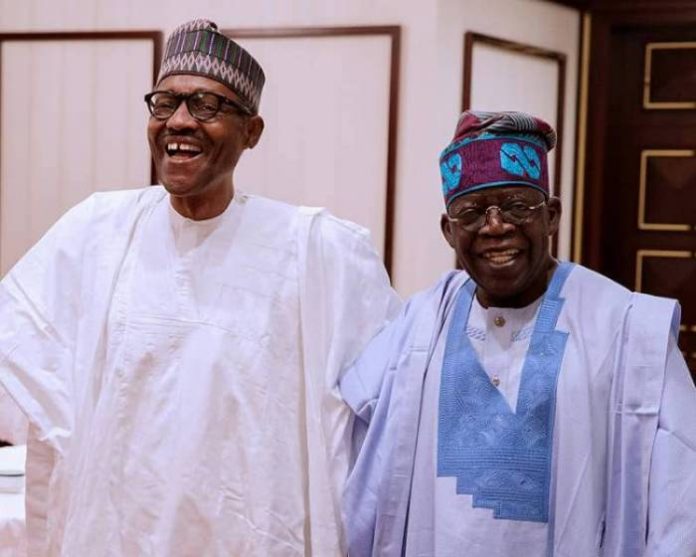Transparency International Nigeria has held President Bola Ahmed Tinubu and his predecessors, Muhammadu Buhari and Olusegun Obasanjo, accountable for significant discrepancies in remittances and alleged fraud within the Nigerian National Petroleum Company Limited (NNPCL). In an exclusive interview with PUO-Reports, Auwal Rafsanjani, the country director of Transparency International Nigeria, expressed these concerns.
This revelation follows the recent World Bank Nigeria Development Update report, which indicted the NNPCL for failing to remit a staggering N500 billion in crude revenue to the Federation account for the months of October and December 2024. The report indicated that from a total revenue of N1.1 trillion generated from crude sales and other income in 2024, the NNPCL had only transferred N600 billion, resulting in a deficit of N500 billion.
The unaccounted N500 billion has sparked renewed discussions on transparency and corruption within the NNPCL. Additionally, the International Monetary Fund has emphasized the necessity for greater transparency in the transfer of fuel subsidy gains by the NNPCL in its recent findings.
On Sunday, the Socio-Economic Rights and Accountability Project (SERAP) intensified calls for a thorough investigation into the unremitted N500 billion. Reports indicate that the opacity surrounding the NNPCL’s finances has persisted, even with the president serving as the substantive minister of petroleum. Since 1999, three out of five Nigerian presidents have taken on the role of petroleum ministers, including Obasanjo, Buhari, and most recently, Tinubu.
Rafsanjani criticized the longstanding corruption within the NNPCL, attributing the organization’s financial mismanagement to Nigeria’s presidents and the National Assembly. He emphasized the need for a comprehensive audit of the NNPCL’s finances, extending beyond the tenure of former Group Chief Executive Officer Mele Kyari, to uncover all missing funds since 1999.
He highlighted the National Assembly’s failure to execute adequate oversight of such a critical government agency, calling it a significant oversight. Rafsanjani argued against the practice of Nigerian presidents appointing themselves as petroleum ministers, suggesting that this has contributed to the ongoing issues within the NNPCL.
Ameh Madaki, an energy expert and managing partner of BBH Consulting, echoed the sentiment, stating that a comprehensive audit of the NNPCL is long overdue. He pointed out that the opaque operations of the NNPCL have allowed substantial fraud to be concealed, raising questions about past financial transactions.
Madaki questioned the fate of the $3.3
